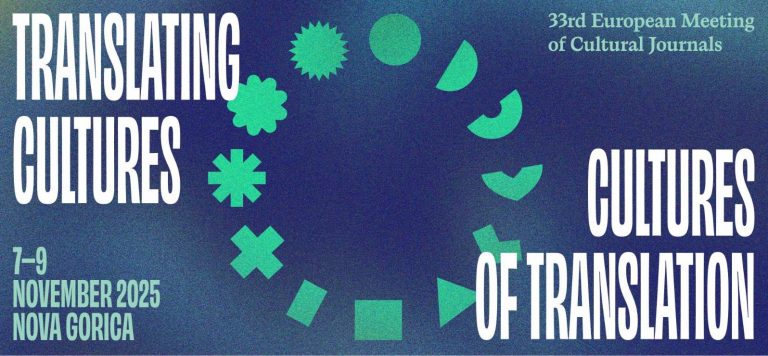When Eurozine met in Belgrade back in 2003 to discuss Europe and the Balkans: Politics of Translation, the political dimensions of translation emerged in sharp focus. With the violent collapse of the Yugoslav state fresh in the memory, translation seemed to be a ‘central metaphor of our time’ write the organisers of the event. Translation was understood as ‘intercultural praxis’, as engagement with difference that avoided the pitfalls of identitarian essentialism.
Taking its lead from Nova Gorica/Gorizia’s bilingual and bi-national identities, the conference returns to an idea at the core of the Eurozine project: translation as a means for the formation of a transnational public sphere. “In Nova Gorica/Gorizia, the Eurozine network will be reassessing translation’s role in the formation of a transnational public sphere. Our aim will be to explore how translation, understood in both a figurative and functional sense, can help us negotiate the present moment” writes the call of the conference.
When the rationalist faith in public spheres has been shaken to the core, can translation still serve as a metaphor of social progress? Is a more utilitarian definition called for in an era of culture wars, nationalist revanchisms and authoritarian throwbacks, of linguistic homogenisation and technological hyper-acceleration? Or do precisely these things require a radical critique of identity – one rooted in theories of language and textuality, as was the case against the backdrop of the wars of the ’90s and early 2000s?
The 33rd European Meeting of Cultural Journals will take place from 7 to 9 November in the Slovenian–Italian cities of Nova Gorica/Gorizia, a ‘borderless’ European Capital of Culture in 2025. The conference is co-organised with Razpotja magazine.
Find out the full program here








